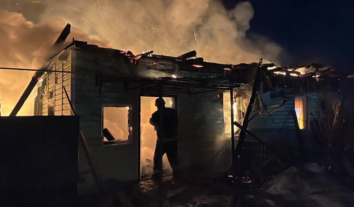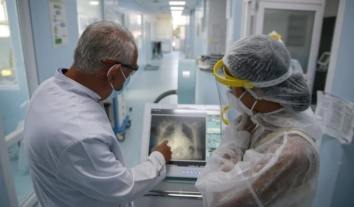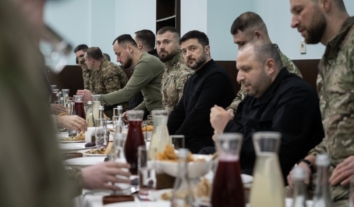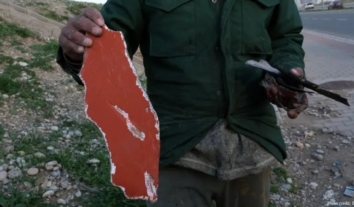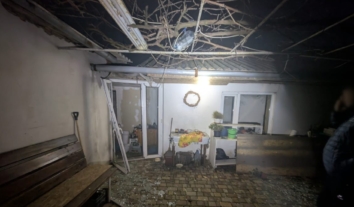Russian court decides fate of Ukrainian child, rules transfer to father in ‘DPR’
The district court of Russia’s Khabarovsk city ruled to transfer 9-year-old girl from her Ukrainian mother, who lives with the Russian residence permit in Russian town of Nakhodka, to Ukrainian father, who lives in the so-called “Donetsk People’s Republic” in Donetsk city.
The Human Rights Information Centre learnt this from Russian human rights activist, lawyer of the Public Verdict Foundation, member of the Public Oversight Commission in the Republic of Komi, Ernest Mezak who received this information from the activists in Nakhodka town.
According to him, the court delivered the judgment on August 16, 2016. On October 12, the Khabarovsk Regional Court dismissed the mother’s appeal and upheld the judgment.
“The court found that the mother, taking the girl from Donetsk to Nakhodka in January 2016, committed international child abduction from the territory of Ukraine, bypassing the laws of Ukraine (it would be surprise for Ukraine that some of its laws still effective in Donetsk) so now to return the girl to the ‘Donetsk People’s Republic’ is in the best interests of the child. That is, [the court ruled to transfer the child to] the territory controlled by illegal armed groups, where there is no effective health system, social security and judicial system, and where the international treaties of Ukraine in the field of human rights are not in force. In particular, the child’s mother will not be provided with “access rights” as guaranteed by the Hague Convention on the civil aspects of international child abduction of 25 October 1980,” Mezak posted on his Facebook page.
According to him, the court stated that “periodic conduct of military operations in various localities in the territory of Ukraine is not an exception related to the very serious risk of harm to a child.“
A defendant’s argument that the child wants to live with her mother and does not want to go back to her father was not be accepted by the court, as the “subject of the dispute is not a decision on the place of residence of the child if the parents live apart but the child’s return to the country which she was illegally taken away from.”
According to Mezak, only an urgent appeal to the European Court of Human Rights can really help the mother and the child.

